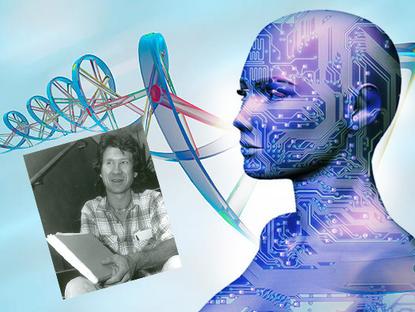Not lost in translation: Researchers 'teach' computers to translate accurately
- 07 May, 2016 04:51

Online translators are getting better, but there's still room for improvement. Researchers are now contributing new artificial intelligence techniques that could help accurately build full sentences.
Algorithms developed by researchers at the University of Liverpool give computers a human-like touch while translating words and languages. They believe their methods are key to improving accuracy.
Using the algorithms, a computer will be able to translate a word from an unknown language, and then provide context to it. As a result, the computer will be able to build a proper sentence by adding words around it.
Much like humans referencing a dictionary, the algorithms will look up the meaning of words through services like WordNet. Based on a scoring mechanism, the algorithms will weigh the correlation of words when building a sentence.
The algorithms' capability of helping computers understand words is like "teaching languages to computers," said Danushka Bollegala, a Liverpool computer scientist.
It's already possible to translate words with high accuracy rates through Google Translate. But sentence structures can still be poor, and often, meanings are misconstrued.
The new technology is a small step forward in building an accurate universal translator. It could remove language barriers that exist right now and translate entire books or make Web searches easier.
Work is underway to build a universal translator. Voice-activated assistants from Microsoft, Amazon, and Apple can respond to basic questions, and Microsoft's Skype Translator uses machine learning to translate in real time during voice chats.
The U-STAR (Universal Speech Translator Advanced Research) research program involves 33 universities and organizations worldwide, and the U.S. Department of Defense's DARPA program is also looking to build translators based on machine-learning to primarily help the military communicate with locals on foreign soil.

